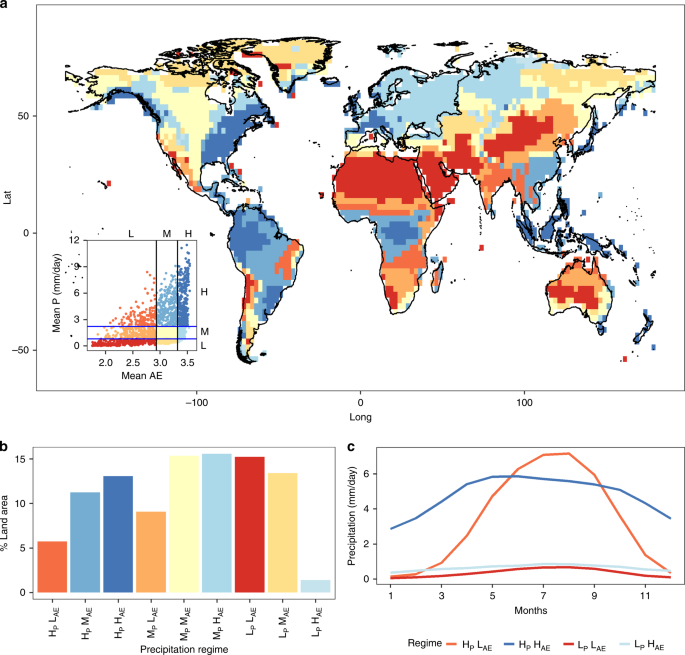
- Select a language for the TTS:
- UK English Female
- UK English Male
- US English Female
- US English Male
- Australian Female
- Australian Male
- Language selected: (auto detect) - EN
Play all audios:
This week promises to be a take of two cities: not London and Paris, as in Dickens, but London and Teesside. In London — or rather, in Westminster — everyone is waiting for Sue Gray’s
report. To the various in-jokes, puns and literary references to Gray’s Elegy, Waiting for Gray and so on, let me add my own hap’worth, adapted from Hegel’s _Philosophy of Right_: “When
politics paints its Gray in Gray, then has a scandal grown old. The Owl of Minerva flies only at dusk.” In other words: does anybody still care what she says? It is a very different story up
north. Ben Houchen, the Conservative Mayor of the Tees Valley, has delivered a blunt warning in the _Times_ (behind a paywall) to his parliamentary colleagues: “Removing Boris would
inevitably lead to a new spirit of caution at the top of government, at the worst possible time.” Houchen represents a vast region of North Eastern England that includes Middlesbrough,
Stockton-on-Tees, Redcar, Cleveland, Hartlepool and Darlington. He is in no doubt that Boris Johnson is not just the only leader who could have “turned the Conservative Party around from the
dire straits of mid-2019 to win a national election with such a landslide”, but the only Prime Minister who can deliver on the promise of levelling up. Houchen is convinced that without
Boris, that agenda would be “dead”. Without such a communicator, the left-behind regions would “tune out” and a mainly southern Tory party would be “back to square one”. The Conservatives’
most powerful municipal politician doesn’t play down the need to revamp Downing Street, but he believes that while the voters who installed Boris won’t forget his misjudgments, if he can
deliver on his promises, they will forgive him. Houchen knows what he’s talking about: last year he was re-elected for a second term, with a remarkable 72.8 per cent of the vote, in a region
that until 2017 had been solidly Labour for generations. As it happens, this week Michael Gove — the Secretary of State for Levelling Up, Housing, Communities, Intergovernmental Relations
and heaven knows what else — is due to publish his White Paper that will flesh out the hitherto skeletal levelling up agenda. Gove is too good an administrator not to go into granular
detail, but too accomplished a politician not to have an eye on the big picture. For all that he has been the chief troubleshooter under three successive Prime Ministers, he knows that this
challenge is greater than any he has had before. That is one reason why the White Paper is arriving more than a month later than planned. It is more important to get it right than to rush
out a half-baked plan. But the timing is fortuitously good: at last Boris will have his incontrovertible rationale for remaining in Number 10, his raison d’être. And Gove will not
disappoint; he very seldom does. Stand by for one of those turning points in British politics for which the only word is a French one: _bouleversement_. One focus of the White Paper will
inevitably be home-ownership, especially new homes for first-time buyers. Leaks over the weekend suggest that Gove will provide £1.5 billion to build 42,000 new homes in the Midlands and
North. That is welcome, although the funding will be scrutinised to check how much of it is new money. But the problem that Gove is addressing runs deeper than the shortage of housing. The
predicament of people trying to get onto the housing ladder has got dramatically worse during the pandemic. First, and most obviously, the boom in house prices caused partly by the working
from home phenomenon has put starter homes even further out of reach. Secondly, mortgage lenders have reverted to the risk-averse behaviour of the decade after the financial crash in 2008.
Loans are harder to come by, interest rates are creeping up and deposits are unaffordable for most without help from parents, grandparents or other family members. What is striking, though
unsurprising, is the disparity between the size of deposits required in London or prosperous parts of the South-East, and the rest of the country. Generally, deposits are about four times
larger in the capital and its commuter belt than elsewhere. There are wage differentials too, of course, but not usually of this order of magnitude. So housing in the “Red Wall” regions
mainly targeted by the Levelling Up agenda is still, relatively speaking, a bargain. For aspirational young people, a flat in even the most desirable districts of central Manchester, say, is
likely to be less than half as much as an equivalent apartment in a more peripheral part of London. The conditions are ripe for an exodus of millennials from the overpriced metropolis of
the south to the burgeoning city states of the North. Gove’s “Medici model” — his vision of an urban rebirth based on the Italian Renaissance — is not as fanciful as some sneered last
December, though not this column. Above all, the jobs are there — with many more to come. The British labour market has not looked as healthy for many years as it does now, with the
distribution of employment more evenly spread than in the past. Major companies are taking advantage of cheaper offices and a lower cost of living for their staff in the regions. London is
still some way from bouncing back to full economic activity after the pandemic and it lacks a mayor with the dynamism of a Ben Houchen. But the City’s uncertainties and City Hall’s lethargy
offer opportunities to cities that have hitherto been overshadowed by London. The task for Gove is to capitalise on this moment and remove bureaucratic and other obstacles to rapid regional
growth. England’s urban renaissance will be cultural as much as economic and the White Paper is likely to reflect that fact. Westminster’s obsession with the past will present a revealing
contrast to the new focus on the future. If Gove and Boris can get their act together, they have a chance not merely of relaunching their own careers, but of rebooting British politics.








